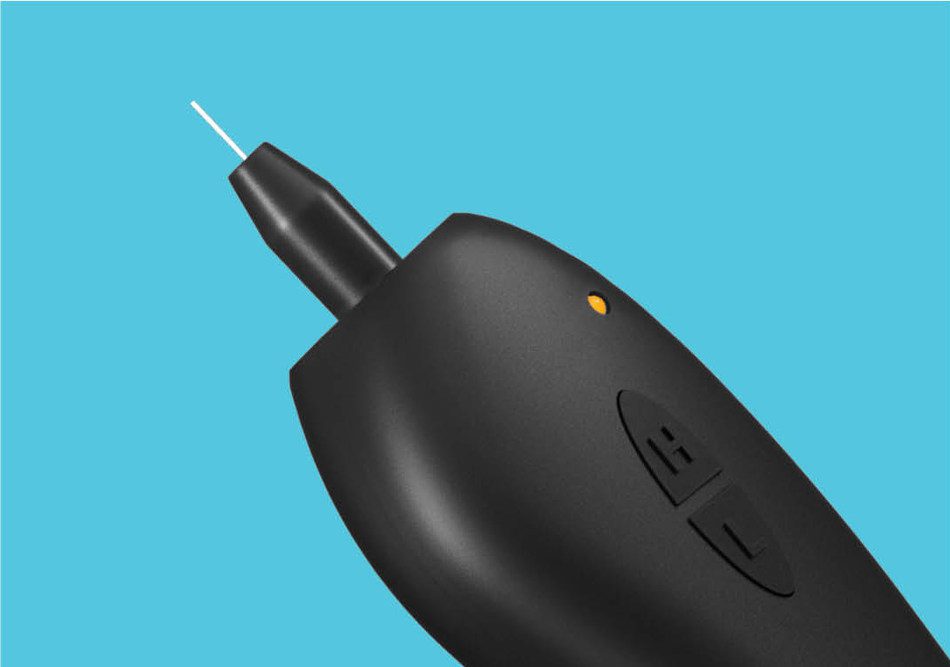Neauvia North America’s Plasma IQ, the first Class 2 FDA cleared plasma energy device will be marketed and distributed throughout North America, the result of a strategic partnership between Suneva Medical and Neauvia.
Plasma IQ is the latest advancement in aesthetics that delivers focused, controlled plasma energy to safely and effectively create microinjuries on the skin, renewing and restoring it.
“This is an exciting partnership as Suneva Medical is well positioned to offer a unique technology to a number of providers looking for new aesthetic treatments that are safe and effective,” said Sean Wilson, CEO of Neauvia North America.
“We are looking forward to welcoming Plasma IQ to our ever-expanding portfolio of facial regenerative aesthetics products,” said Pat Altavilla, CEO of Suneva Medical. “With the introduction of Plasma IQ, we continue our commitment to providing proven and validated innovations for aesthetic providers and their patients.”
